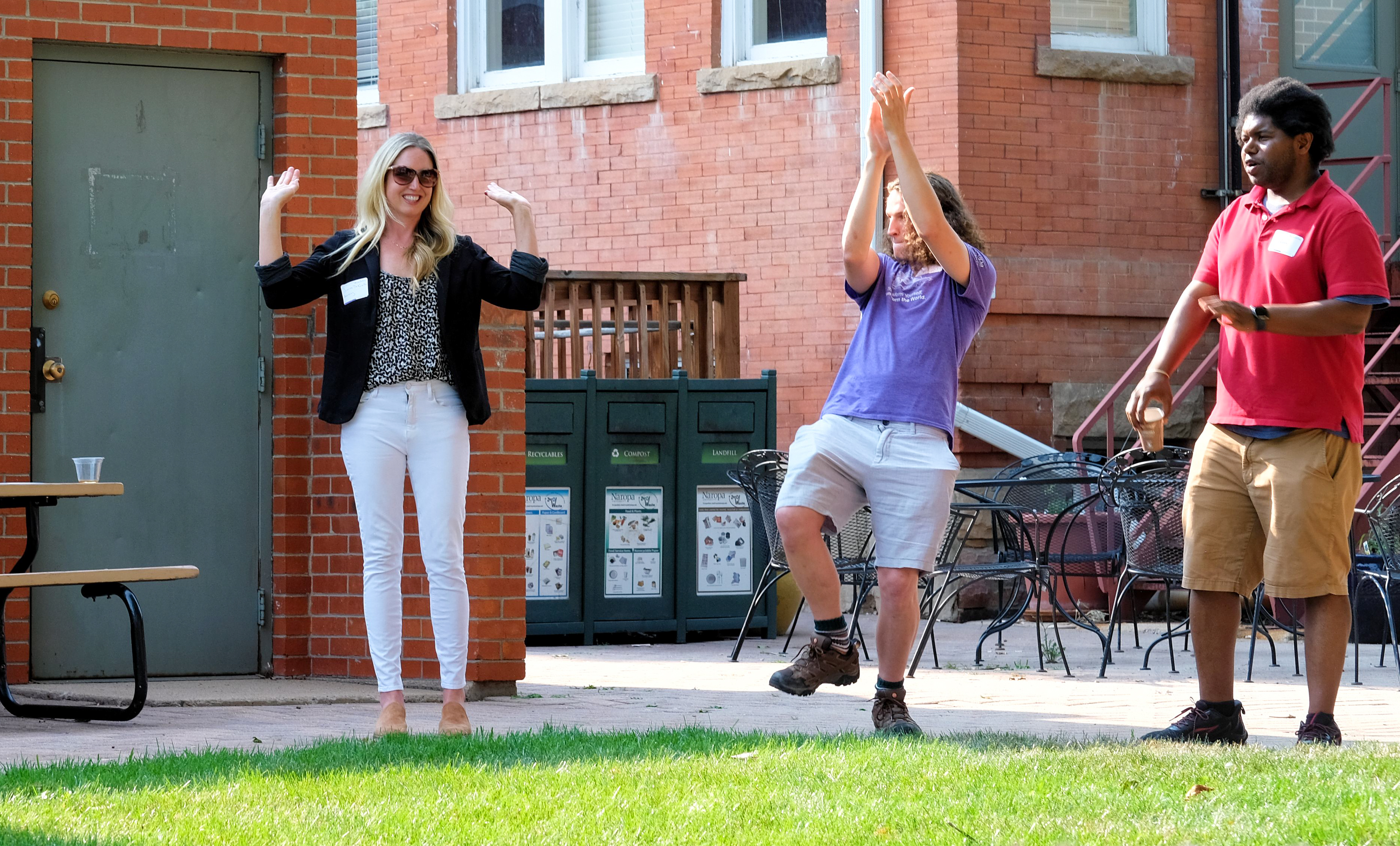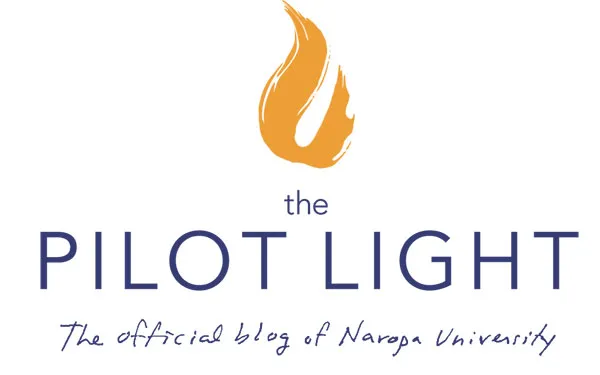
BOULDER, CO (September 29th, 2021) At a time when universities across the nation are experiencing declining enrollment numbers, Naropa University experienced a considerable increase in enrollment of 12% for the Fall 2021 semester.
Since the start of the pandemic, colleges across the country have been challenged to maintain and grow their incoming class and Naropa is pleased to be among those private colleges to show enrollment increases.
In addition to an increasing scientific and cultural understanding of the value of incorporating mindfulness and compassion practices into higher education curriculum, the growth at Naropa can be attributed to a number of initiatives put in place over the past few years. In response to the shifting and dynamic needs of students today, Naropa implemented a systems wide technology update and introduced a number of low-residency and online learning options–including low-residency master’s degrees in Mindfulness Based Transpersonal Counseling, yoga studies and divinity (chaplaincy) and an online bachelor’s degree in psychology.
The value of this increased flexibility and online learning capabilities is shown in part by the dramatic increase in demand for Naropa’s Master of Divinity program, which prepares chaplains for pastoral counseling in an interfaith setting. After introducing a low-residency option allowing students to complete most of their coursework online, Naropa enrolled more students in the past two years than the past five years of the on-campus program combined.
Naropa’s fall class also represents a shift in demographic trends. The fall census report on enrollment data revealed a broader distribution of home states and an increase in average age of both undergraduate and graduates attending Naropa. The average age for low-residency, online and distance learning programs is 36, proving the additional flexibility offered in these programs is particularly appealing to adult learners.
Naropa’s new online BA in Psychology—launched earlier this year—bolstered the total undergraduate enrollment by 39 new students with a plan to enroll another 45 for the Spring 2022 semester. Census data shows the first cohort of the online program is slightly more diverse than the overall student body at Naropa, suggesting that providing more accessible education helps lead to greater equity and inclusion.
The number of undergraduate Pell eligible students increased from 54 percent in Fall of 2020 to 60 percent in Fall of 2021, representing an increase in demand for students coming from lower income families.
Naropa President Charles G. Lief explained: “These numbers reflect many, many hours of marketing, outreach, faculty efforts to create new ways to deliver our educational experience while continuing to offer excellence to our residential students, resource development, and more. This is a team effort—not from just a few departments, but rather a cross-divisional effort—from individual meetings, admissions interviews, creating new academic programs and resources, and more, I am so pleased with the incredible efforts of this community.”
Looking forward, Lief says, “We seek to continue to expand delivery methods to better serve a more diverse student body. There are a lot of factors to consider in how we offer Naropa, and we will continue to strive to provide maximum flexibility and no time zone-driven barriers while never abandoning our core values and transformative approach to education.”


